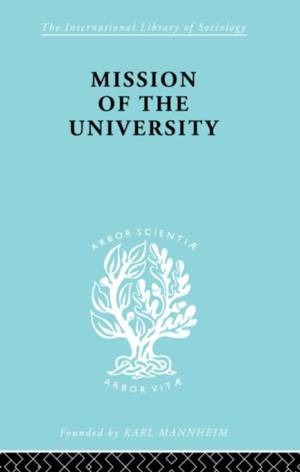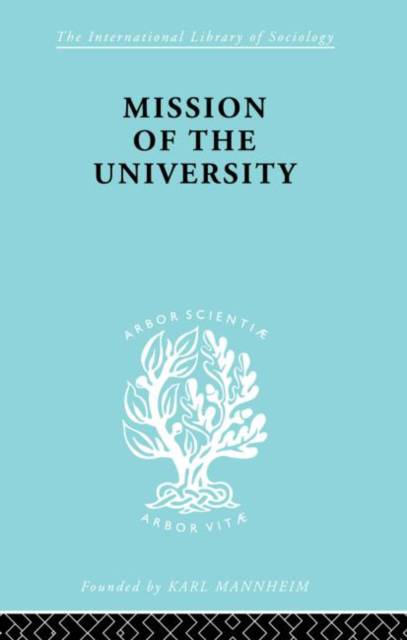
- Afhalen na 1 uur in een winkel met voorraad
- Gratis thuislevering in België vanaf € 30
- Ruim aanbod met 7 miljoen producten
- Afhalen na 1 uur in een winkel met voorraad
- Gratis thuislevering in België vanaf € 30
- Ruim aanbod met 7 miljoen producten
Zoeken
Omschrijving
In 1930, the great Spanish philosopher Jos Ortega y Gasset set forth a program for reforming the modern Spanish university. Aware that the missions of the university are many and often competing, Ortega built his program around a conception of a general culture that knows no national boundaries or time limits and could fit into any national system of higher education. His ideas are especially pertinent to contemporary debate in America over curriculum development and the purpose of education.
In this volume Ortega sought to answer two essential questions: what is the knowledge most worth knowing by all students and what is the function of the university in a modern democracy? Basing his answers on his own deep personal culture and an extensive knowledge of the various European university systems, Ortega defined four primary missions: the teaching of the learned professions, the fostering of scientific research, training for political leadership, and finally the creation of cultured persons with the ability to make intellectual interpretations of the world. Ortega's understanding of general culture is set out in great detail here. He meant an active engagement in ideas and issues that were both historical and contemporary. His concern is with the classical problems of justice, the good society, who should rule, and the responsibilities of citizenship.
This edition first published in 1998. Routledge is an imprint of Taylor & Francis, an informa company.
In this volume Ortega sought to answer two essential questions: what is the knowledge most worth knowing by all students and what is the function of the university in a modern democracy? Basing his answers on his own deep personal culture and an extensive knowledge of the various European university systems, Ortega defined four primary missions: the teaching of the learned professions, the fostering of scientific research, training for political leadership, and finally the creation of cultured persons with the ability to make intellectual interpretations of the world. Ortega's understanding of general culture is set out in great detail here. He meant an active engagement in ideas and issues that were both historical and contemporary. His concern is with the classical problems of justice, the good society, who should rule, and the responsibilities of citizenship.
This edition first published in 1998. Routledge is an imprint of Taylor & Francis, an informa company.
Specificaties
Betrokkenen
- Auteur(s):
- Uitgeverij:
Inhoud
- Aantal bladzijden:
- 88
- Taal:
- Engels
- Reeks:
Eigenschappen
- Productcode (EAN):
- 9780415605847
- Verschijningsdatum:
- 19/10/2010
- Uitvoering:
- Paperback
- Formaat:
- Trade paperback (VS)
- Afmetingen:
- 140 mm x 216 mm
- Gewicht:
- 113 g

Alleen bij Standaard Boekhandel
+ 201 punten op je klantenkaart van Standaard Boekhandel
Beoordelingen
We publiceren alleen reviews die voldoen aan de voorwaarden voor reviews. Bekijk onze voorwaarden voor reviews.







